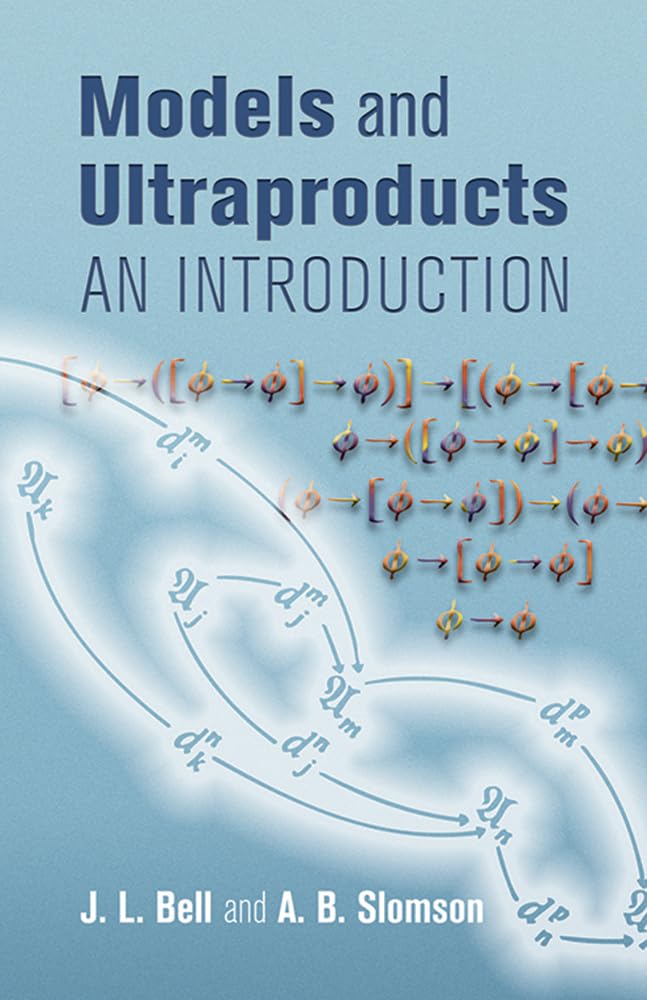Models and Ultraproducts: An Introduction (Dover Books on Mathematics)
Models and Ultraproducts: An Introduction (Dover Books on Mathematics) is backordered and will ship as soon as it is back in stock.
Couldn't load pickup availability
Genuine Products Guarantee
Genuine Products Guarantee
We guarantee 100% genuine products, and if proven otherwise, we will compensate you with 10 times the product's cost.
Delivery and Shipping
Delivery and Shipping
Products are generally ready for dispatch within 1 day and typically reach you in 3 to 5 days.
Book Details:
-
Publisher: Dover
-
Author: J L Bell
-
Language: English
-
Edition: Illustrated Edition
-
ISBN: 9780486449791
-
Pages: 336
-
Binding: Paperback
-
Release Date: 26-05-2006
-
Package Dimensions: 8.4 x 5.4 x 0.7 inches
About The Book:
Model Theory: An Introduction by J L Bell is an accessible and thorough introduction to the fundamental concepts of model theory, making it ideal for first-year graduate students. The book focuses on the ultraproduct construction, offering a detailed examination of its properties and the areas in which it is most useful.
Beginning with foundational topics such as Boolean algebra, propositional calculus, and predicate calculus, the book then delves into the core of model theory. The fourth chapter introduces model theory proper, with in-depth discussions on ultraproduct construction, elementary equivalence, and algebraic descriptions of elementary classes.
The text also covers completeness, as well as key results from the works of Jónsson, Morley, and Vaught on homogeneous universal models, and Keisler’s contributions to the concept of saturated structures. Classical results from Gödel and Skolem are explored, and the book extends classical first-order logic to include generalized quantifiers and infinitary languages.
With numerous exercises throughout, Model Theory: An Introduction offers both theoretical insights and practical problems to reinforce understanding, making it an invaluable resource for students in logic and mathematical theory.





